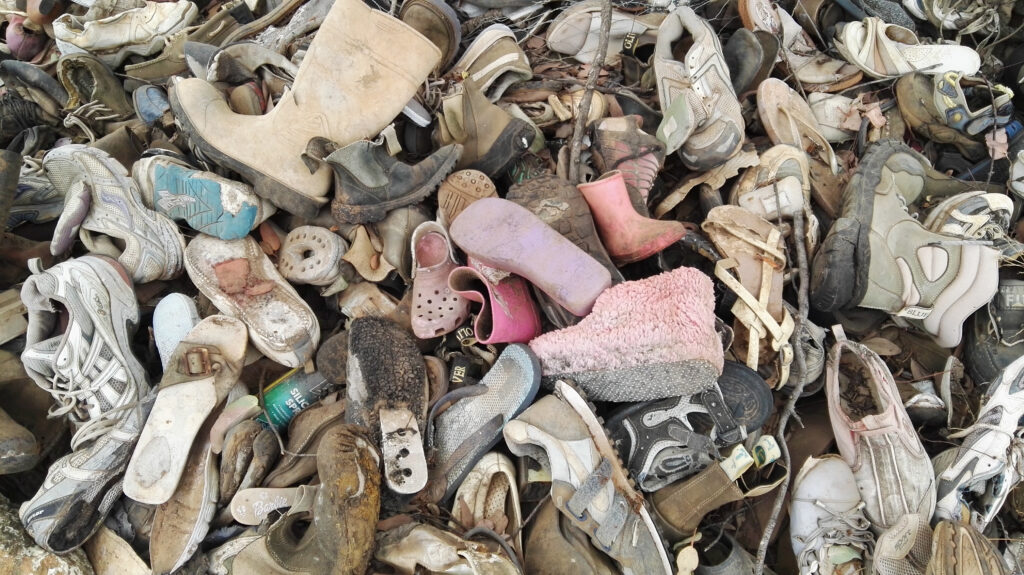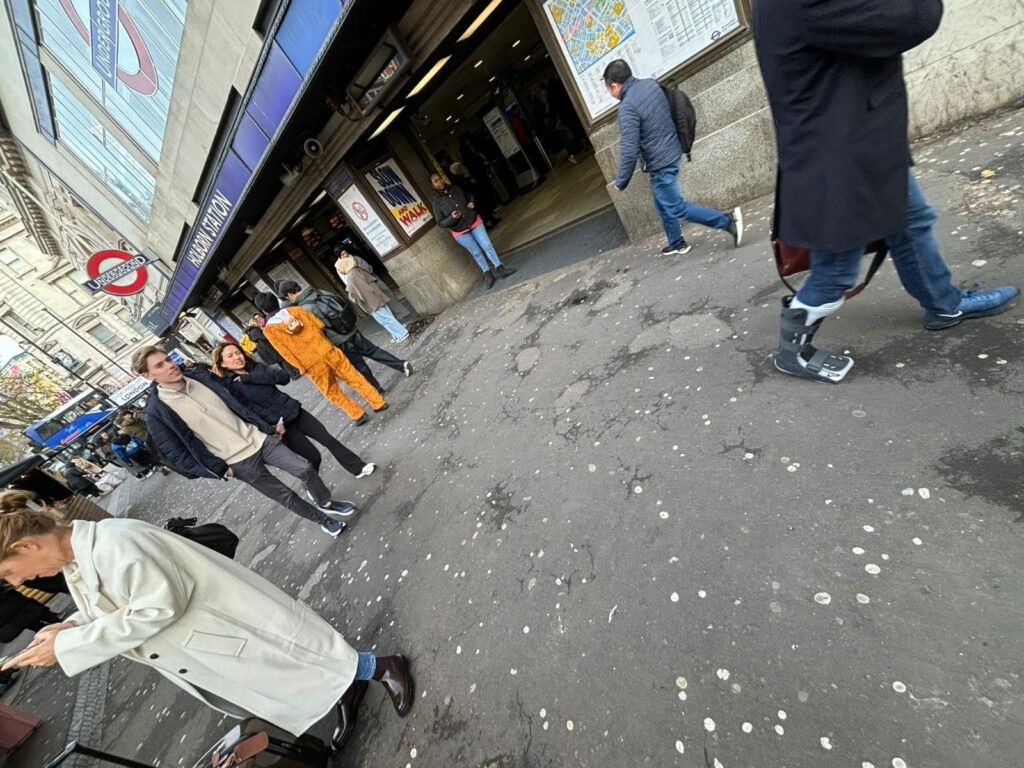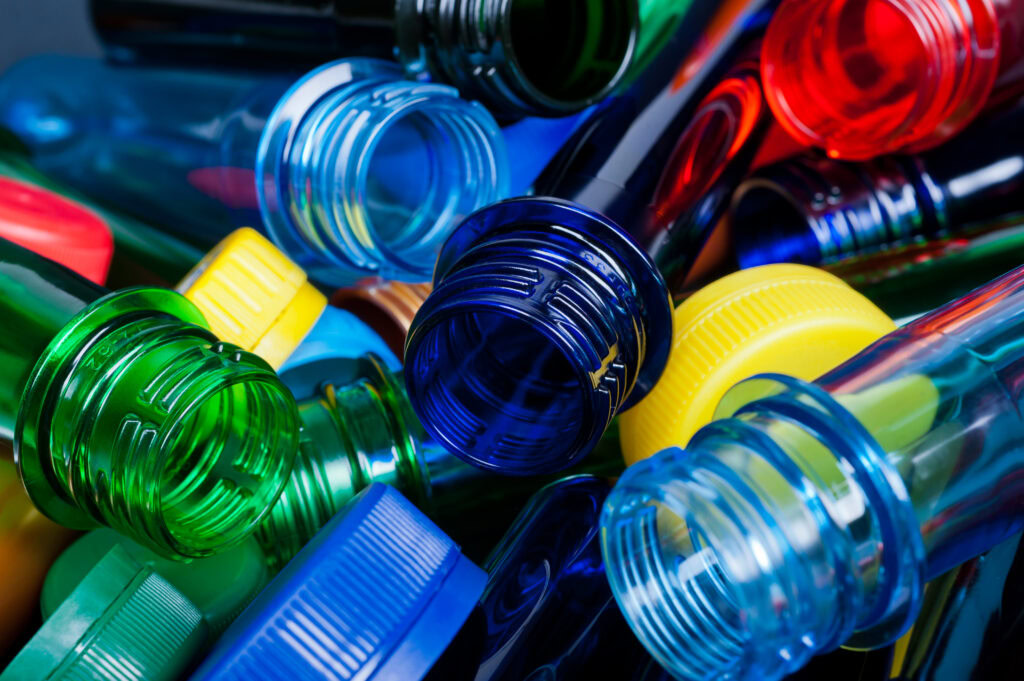A coalition of business organisations, associations and companies operating within the waste management value chain has welcomed and supported this decision, highlighting its importance.
However, the decision awaits confirmation during the upcoming plenary session where MEPs will cast their votes on the objection.
While it has been asserted that this implementing act would not pre-empt any calculation methods for the Packaging and Packaging Waste Regulation, the European Commission has indicated its significance as a testing ground for future legislation.
Concerns
This prospect has raised concerns within the waste management sector, which argues that such a narrow-scope legislative instrument is inappropriate for shaping the entire recycling industry’s future.
The sector calls upon legislators not to impede investments made by the chemical recycling industry, vis-à-vis those already made by the mechanical recycling industry, particularly in achieving the 2025 target of 25% recycled content for PET beverage bottles.
Emphasising the importance of mechanical recycling for waste streams like PET, which can be recycled with a lower environmental footprint, the coalition stresses the need for prioritising this method.
Moreover, the proposed decision could lead to unfair competition for accessing waste feedstocks between claimed complementary technologies. With mechanical recycling supporting 30,000 jobs across 850 companies, predominantly small and medium-sized enterprises (SMEs), these entities could face direct impacts from such unfair competition.
The core question revolves around whether parliament will uphold support for SMEs and local businesses contributing sustainable solutions for plastic waste.
In light of these concerns, the business coalition has urged MEPs to vote in favour of the objection during the plenary session, aligning with the SUPD’s objectives.










Subscribe for free